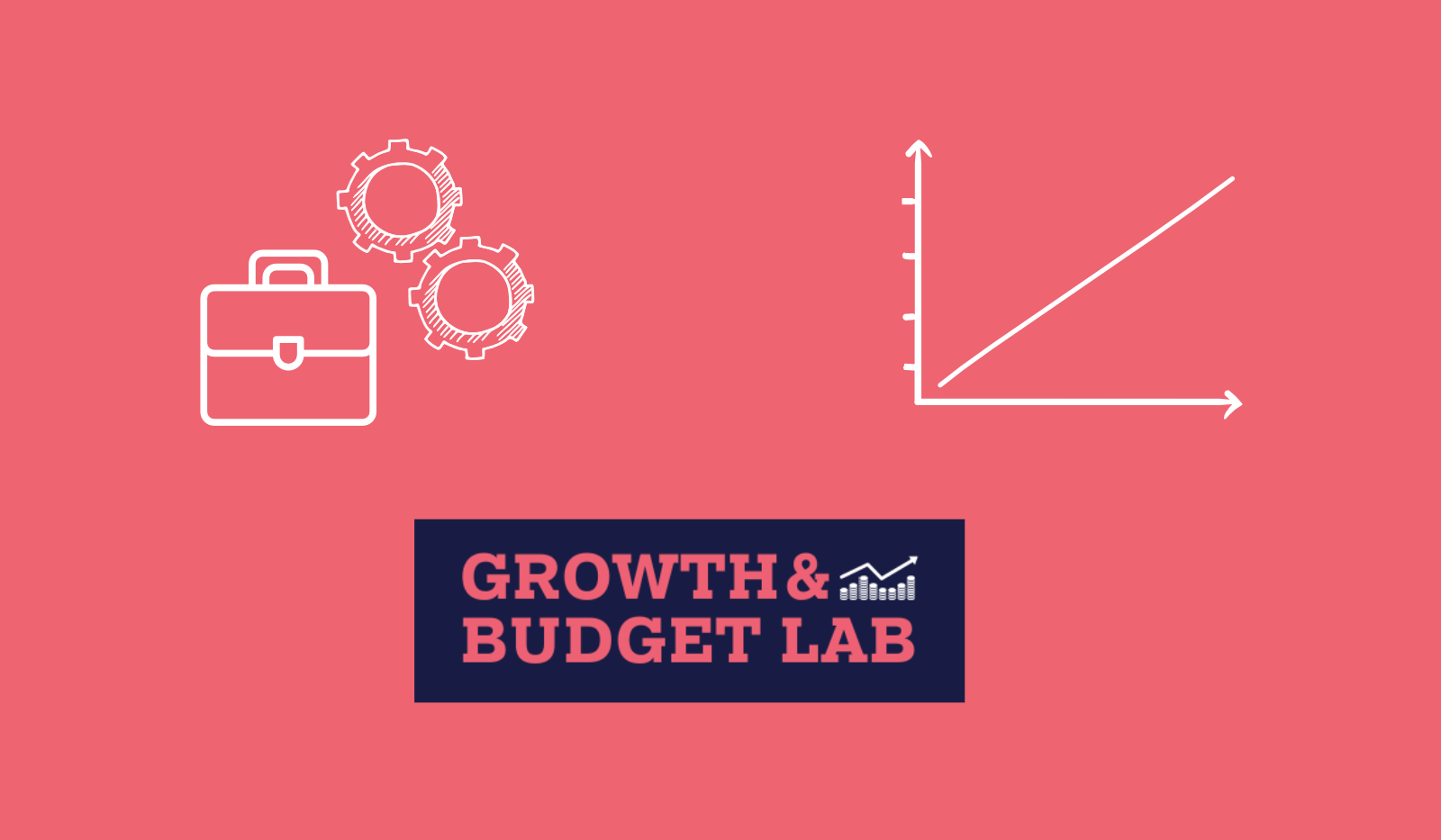
A new fiscal policy for Germany
PHILIPPA SIGL-GLÖCKNER[1], MAX KRAHÉ, POLA SCHNEEMELCHER, FLORIAN SCHUSTER, VIOLA HILBERT, HENRIKA MEYER
Download PDF
Joe Biden, 5. Februar 2021
Abstract
The sustainability of public finances should be measured by the debt-to-GDP ratio; the debt-to-GDP ratio is best controlled by keeping the deficit in check. For decades, these ideas shaped German fiscal policy. In 2009, with the introduction of the debt brake, this approach found its way into the German constitution.
Recent research, however, has shown that this paradigm yields suboptimal results in the current environment: It neither ensures the long-term sustainability of public finances, nor limits external imbalances, nor effectively contributes to solving the challenges Germany faces today, in particular decarbonisation and demographic change. As this is increasingly being recognised, a lively debate on the future of fiscal rules has developed, both in Germany and internationally. This working paper contributes to that debate by developing reform ideas that depart from a positive goal for fiscal policy rather than from the deficiencies of the current rules.
The paper starts off with an overview over the current reform debate. Following this literature review, three closely related questions are answered: what is the right objective for fiscal policy? What might an institutional framework look like to put this objective into practice? And what concrete, politically realistic reform options could move us in that direction? In response to the three questions, we identify sustainable full capacity utilisation of the economy as a sound objective for fiscal policy; make a proposal for a framework consisting of four components; and develop detailed proposals for initial reform steps to begin implementing this framework in Germany, including an adjustment of the cyclical component of the debt brake (governed by ordinary law), introducing an investment fund for municipal investments, and adding a watchman indicator for rising interest costs.
Footnotes
[1] Corresponding author Philippa Sigl-Glöckner: philippa.sigl-gloeckner[at]dezernatzukunft.org
[2] Joe Biden, “Remarks by President Biden on the State of the Economy and the Need for the American Rescue Plan” (Speech, State Dining Room, February 2021), White House.
Our Fiskalprojekt aims at developing a new paradigm for fiscal policy, fit to meet the challenges of our times.
In a first step, this involves a reform of German fiscal rules at the level of ordinary legislation to enable sustainable investment and full capacity utilisation in the labour market. Over the coming months, papers with further specific reform proposals will be posted here. To stay up to date on our publications, feel free to subscribe to our newsletter.
Hat dir der Artikel gefallen?
Teile unsere Inhalte



